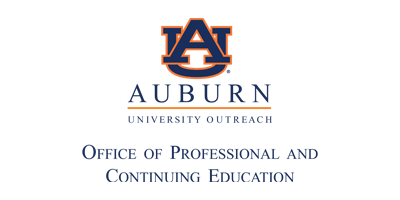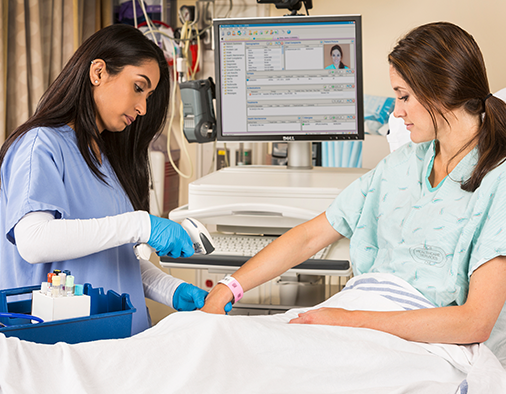Overview
The phlebotomist is a vital member of the clinical laboratory team, whose main function is to obtain patient’s blood specimens by venipuncture and micro-collection for testing purposes. Phlebotomists are employed throughout the healthcare system including in hospitals, neighborhood health centers, medical group practices, HMO’s, public health facilities, veteran hospitals, insurance carriers, and in other healthcare settings. The demand for phlebotomy technicians has increased substantially with the overall complexity of healthcare services and the risks of infectious disease. Current healthcare industry experts predict a 15% increase in phlebotomy jobs by 2024.
This program prepares learners to collect blood specimens from clients for the purpose of laboratory analysis. Learners will become familiar with all aspects of blood collection and will review the skills needed to perform venipunctures safely. Topics in this course include medical terminology, related anatomy and physiology, blood collection procedures, and procedures for collection of other types of specimens within the scope of practice of the phlebotomist.
Program Objectives
After completing this program, learners will be able to:
- Explain the steps in selected specimen collection procedures performed by the phlebotomy technician
- Explain the safety procedures in the healthcare setting and specifically in performing specimen collection procedures
- Identify specific supplies and equipment used in selected specimen collection procedures
- Explain precautions and guidelines when collecting specimens in special populations such as pediatrics and geriatrics
- Define quality of care and explain the impact on patient medical care when quality and safety are compromised in phlebotomy procedures
- Describe the anatomy, physiology, pathophysiology, and medical terminology associated with phlebotomy
- Describe the requirements of the successful phlebotomy career including desired character traits, training and education, roles and responsibilities
- Explain how phlebotomists communicate with others in the healthcare setting verbally, nonverbally, within the health record, and using computer systems
- Identify common legal issues, ethical issues, and regulatory issues commonly impacting the phlebotomist
Certification
There are several National Certification exams that are available to students who successfully complete this program:
- NHA Certified Phlebotomy Technician (CPT) Exam can be proctored at a local testing facility and is available to all students who complete this program
Note: Inclusion of National Certification exam vouchers vary from school and payment / finance method. To check if they are included, you may message any of our advisors through any of our available channels here
*NOTE: May vary based on education grant that will be used
Financial Aid
Available Financial Aid / Grant Options
Military Affiliated
- Army Credentialing Assistance
- MyCAA for US Military Spouses
To see if you qualify, message us here

